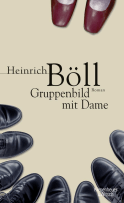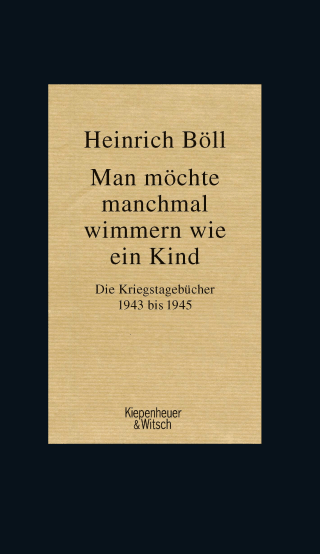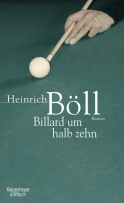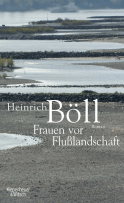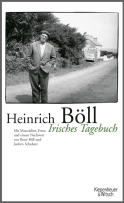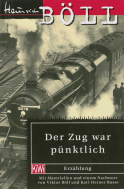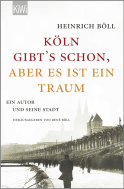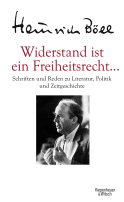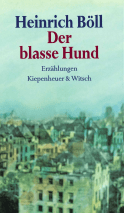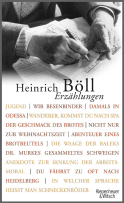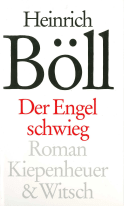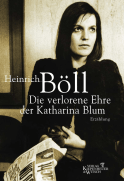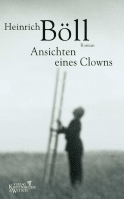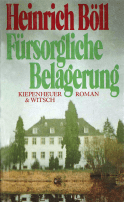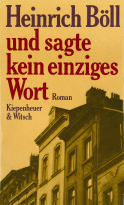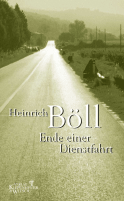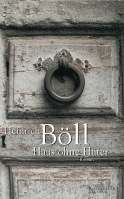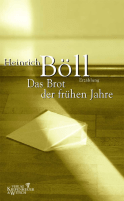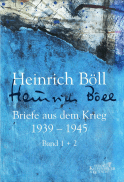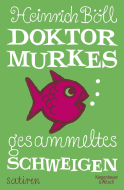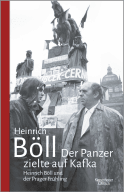Concisely, associatively and at times downright lyrically Heinrich Böll records what concerns, torments and keeps him going him during the final years of the war. Unlike his wartime letters, which describe what happened to him coherently but which he knew had to get past the censors, here Böll captures in shorthand what distinguished each day and made it stand out in the gruesome wartime routine on the front and, later, in his time as a prisoner of war. Fixed points of reference are his young wife Annemarie, whom he misses desperately, and God, whom he invokes as a source of hope and protection in the face of the horror in the trenches.
What is striking is the intensity of these sketch-like records, which show Böll struggling for spiritual integrity and self-preservation. Written in the period beginning with his departure for France, through his transfer to the Eastern Front and up until his release as a POW in Sep-tember 1945 – and published unabridged.
